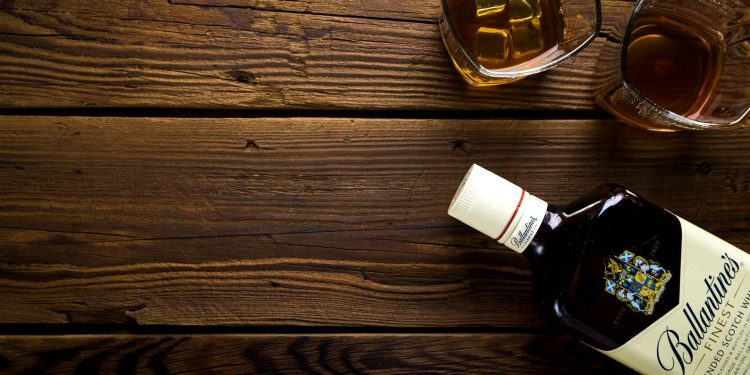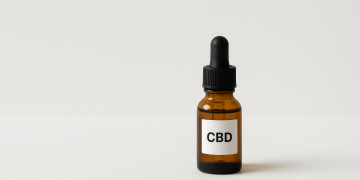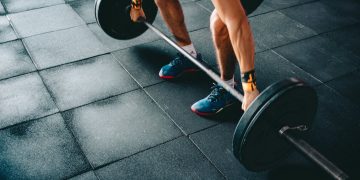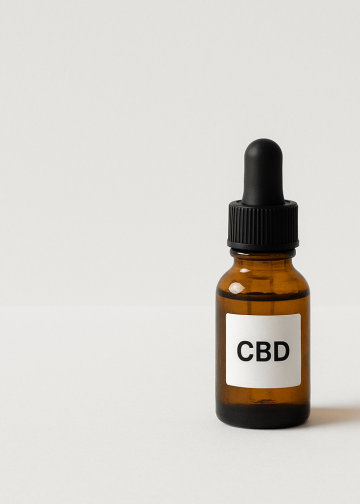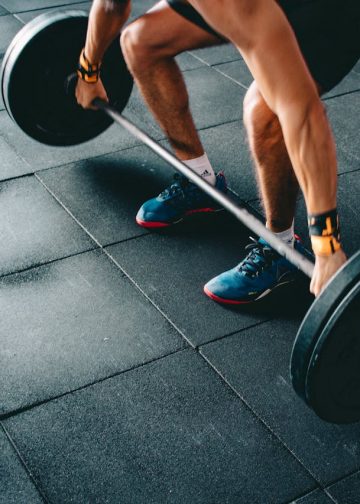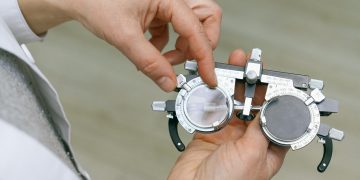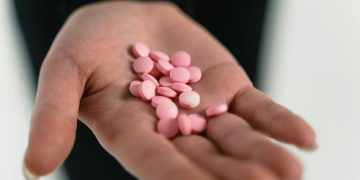Key Takeaways
- Alcohol disrupts the gut microbiome, causes inflammation, and damages the intestinal lining.
- Early signs of alcohol-related gut damage include digestive discomfort, fatigue, skin issues, and lowered immunity.
- After drinking, rehydrate, eat probiotic-rich foods, support the liver, and give your digestive system rest.
- Nutrient-dense meals and probiotic supplements can speed up gut healing.
- Lifestyle changes like reducing alcohol, exercising regularly, managing stress, and sleeping well are essential for long-term gut health.
- Limiting processed and sugary foods creates a healthier environment for good bacteria to thrive.
Alcohol kills all the good bacteria in your mouth, and prolonged exposure to it leads to several digestive problems including cancer. It’s pertinent you take this blog seriously if you don’t want any such things in your life.
A Deeper Understanding Of The Impact Of Alcohol On Gut Health
Alcohol throws off the delicate balance of our gut microbiome, which is made up of trillions of bacteria that help with digestion, immunity, and overall well-being. When we drink too much, it lowers the diversity of the good bacteria and lets the bad ones take over, leading to a state called dysbiosis. This imbalance causes inflammation, hinders nutrient absorption, and weakens the immune system.
Another big issue is how alcohol directly impacts the intestinal lining. It harms the epithelial cells, which increases intestinal permeability, often called “leaky gut.” When this happens, toxins and undigested food can slip into the bloodstream, triggering immune reactions and systemic inflammation. This not only messes with digestion but can also lead to fatigue, skin problems, and long-term chronic issues.
Additionally, alcohol is acidic and irritates the stomach lining, which reduces mucus production and results in gastritis or acid reflux. It also disrupts the production of digestive enzymes which makes it tougher for our bodies to break down and absorb the essential nutrients we need.
Some Signs Your Gut Health Is Getting Affected By Alcohol
We have already established how alcohol takes a toll on your gut, and the signs are often pretty clear. Let’s see some of these symptoms early on, so it helps you tackle any issues before they turn into bigger problems. Here are some common red flags to watch out for:
- Digestive discomfort – If you find yourself bloated, cramping, or experiencing abdominal pain after a drink, that’s a sign.
- Changes in bowel movements – You will notice loose stools, diarrhea, or even constipation, all thanks to a disrupted balance of gut bacteria.
- Acid reflux or heartburn – Alcohol’s acidity will irritate your esophagus and stomach lining. This leads to an uncomfortable burning sensation.
- Increased gas – An imbalance of good and bad bacteria causes excess fermentation in your gut, resulting in more gas.
- Persistent fatigue – When your body isn’t absorbing nutrients properly, it leaves you feeling drained and low on energy.
- Food sensitivities – As your intestinal barrier weakens, you will start reacting more strongly to certain foods.
- Weakened immunity – If you’re catching colds or infections more often, it could be due to compromised gut-related immune function.
- Skin issues – Breakouts, rashes, or inflammation can be linked back to gut inflammation and toxins leaking into your system.
What Are Some Immediate Steps To Take After Alcohol Consumption?
Rehydrate Thoroughly
Alcohol is a bit tricky since it acts as a diuretic, which means it pulls water and electrolytes out of your body. To combat dehydration, start by drinking lots of water. You also need to consider adding some electrolyte-rich beverages, like coconut water or oral rehydration solutions. These help replace important minerals such as sodium, potassium, and magnesium, all of which are crucial for good digestion and keeping your muscles functioning properly.
Eat A Gut-Friendly Meal
To keep your blood sugar steady and support your digestive health, opt for light, nutrient-rich foods. Great choices include bananas, oats, boiled eggs, and whole grains, all of which are easy on the stomach. Foods packed with probiotics, like yogurt or kefir, can help replenish your good bacteria, while fiber-filled fruits and veggies nourish those helpful microbes. It's best to stay away from greasy, heavily processed meals, as they can increase inflammation.
Support The Liver
Taking care of your liver is essential, especially since it works tirelessly to process alcohol. Giving it a little break can make a big difference. It isn’t that hard either, just use antioxidant-rich foods into your diet, like berries, spinach, and cruciferous veggies, as they can help combat oxidative stress. You also need to start using herbal teas, such as milk thistle or dandelion root, which can aid in liver detoxification.
Give Some Rest To Your Digestive System
Now, let’s talk about giving your digestive system a rest. Try using a brief fasting period of about 10 to 12 hours after drinking. This allows your gut lining to heal and reduces inflammation. Don’t worry, it’s not about starving yourself; it’s more about skipping late-night heavy snacks and giving your digestive system the chance it needs to recover.
Avoid Anything That Irritates Your Gut
Which includes caffeine, spicy dishes, and sugary snacks right after drinking. These irritate stomach lining and slow down your recovery. Instead, opt for gentle, soothing foods and drinks until your digestion feels back to normal.
Use Probiotics Or Fermented Foods
Probiotics are great for restoring the good bacteria that alcohol can disrupt. You can find them in supplements or in foods like sauerkraut, kimchi, and miso, which helps balance your microbiome. Pairing these with prebiotics, like garlic or asparagus, gives your gut healing a nice boost.
Nutrient-Rich Foods To Support Gut Healing
A well-organized eating plan will help your gut bounce back after drinking alcohol. It does this by feeding the good bacteria, calming down inflammation, and helping to heal the intestinal lining.
Morning:
Kick off your day with a refreshing glass of warm water mixed with lemon to get your digestion going. Next, get a breakfast packed with probiotics, like unsweetened yogurt or kefir, topped with chia seeds and fresh berries. This tasty combo is loaded with probiotics, antioxidants, and fiber to help balance your microbiome.
Mid-Morning Snack:
Grab a banana or a handful of almonds. Bananas are great for prebiotic fiber, while almonds provide healthy fats and magnesium that support gut health.
Lunch:
You can opt for a plate filled with lean protein, leafy greens, and whole grains. For example, grilled salmon paired with quinoa and steamed spinach. The omega-3 fats in salmon help reduce gut inflammation, and the fiber from the greens and grains nourishes your good bacteria.
Afternoon Snack:
Enjoy a cup of green tea alongside a small serving of sauerkraut or kimchi for an extra boost of probiotics and polyphenols.
Dinner:
Choose a light, anti-inflammatory meal like baked chicken served with roasted sweet potatoes and steamed broccoli.
Before Bed:
Wrap up your day with a soothing herbal tea, such as chamomile or peppermint, to help your digestive system unwind overnight.
Probiotics And Supplements For Gut Recovery
Probiotic supplements have strains like Lactobacillus rhamnosus, Bifidobacterium longum, and Saccharomyces boulardii helps in reducing inflammation, improving digestion, and strengthening the intestinal barrier. These friendly microbes work hard to outcompete harmful bacteria, which leads to a healthier microbiome overall. Plus, when you pair probiotics with prebiotic fibers found in foods like garlic, onions, and asparagus, you’re essentially feeding those good bacteria and boosting their effectiveness.
There are also certain supplements that can speed up gut recovery even more. For instance, L-glutamine, an amino acid, plays a crucial role in repairing the intestinal lining and reducing permeability that can often be increased by alcohol. Omega-3 fatty acids, which you find in fish oil or algae supplements, are great for lowering gut inflammation and promoting tissue healing.
Zinc is another important nutrient, as it helps support immune function and strengthens the mucosal barrier. If you’re dealing with digestive discomfort, digestive enzyme supplements can be a real game-changer, helping to break down food and improve nutrient absorption.
When it comes to choosing supplements, it’s best to go for high-quality products that have been third-party tested to ensure they’re potent and safe.
The Hardest Part: Lifestyle Changes To Promote Gut Repair
Getting your gut back on track after drinking isn't just about what you eat, it's also about your daily habits. Taking a break from alcohol for a while gives your gut lining and microbiome a chance to heal. Make sure you're getting enough quality sleep each night to help with cellular repair and boost your immune system.
Regular, moderate exercise also does wonders for your digestion and helps maintain a healthy balance of bacteria. Don't forget to manage stress, too; practices like mindfulness, deep breathing, or yoga can really help since chronic stress can throw your gut out of whack. Staying hydrated is key for transporting nutrients and flushing out waste.
Lastly, try to cut back on processed foods, sugary snacks, and other irritants to create a friendly environment for your good bacteria to flourish.
Conclusion
It’s actually pretty easy: Develop a healthy lifestyle, eat good food and regulate your alcohol intake. Do all this and your gut will thank you!!


